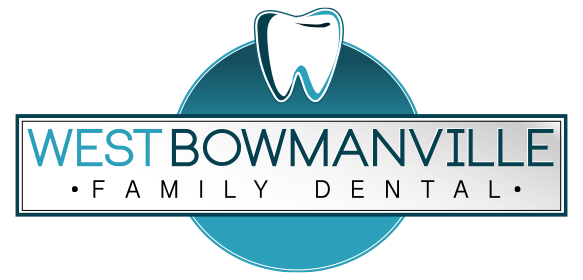If you snore at night, you are not alone as it is a common habit, and sometimes it is nothing more than snoring, although it might be annoying for sleeping partners. Other times, snoring can be a symptom of a more serious problem called sleep apnea.
What is the Difference Between Snoring and Sleep Apnea?
Snoring occurs when your airway becomes narrowed, sometimes because the tissue in the throat relaxes, partially blocking the airway. As you breathe, air passing over these relaxed tissues causes them to vibrate, creating that characteristic snoring sound. Snorers continue to breathe evenly throughout sleep, but people with sleep apnea in Newcastle will have episodes where they stop breathing entirely for several seconds each time. The most common form of sleep apnea is called obstructive sleep apnoea (OSA).
If you have OSA, episodes where you cease breathing can occur multiple times each night. As oxygen levels fall, it prompts the brain to restart breathing, usually with a loud gasp or snort. Not surprisingly, sleep apnea disrupts sleep quality, partially awakening sufferers many times each night. These episodes interfere with normal sleep patterns, preventing deep, restful sleep that is essential for good health. People with OSA often have excessive sleepiness while awake.
What Are the Other Symptoms of OSA?
People with sleep apnea will mostly sleep with their mouths open. Consequently, they may frequently awaken with a very dry mouth, which in turn increases the risk of dental disease in Clarington. Awakening with a morning headache is another sign. A less common symptom is waking up frequently, needing to go to the toilet. This is because when breathing is interrupted, it places pressure on the heart, which affects a hormone that normally controls urine production. It’s a symptom that tends only to cooccur when sleep apnea is more extreme. Other signs may include mood changes and irritability or depression, or trouble concentrating, but these aren’t definitive symptoms.
Potential Complications of Sleep Apnea
Sleep apnea can affect overall health, and potential issues include cardiovascular problems as sudden falls in oxygen levels in the blood can strain the cardiovascular system. People with OSA will often develop high blood pressure, which can increase the risk of heart disease. The risk of work-related accidents or accidents while driving is also higher. Obstructive sleep apnea can cause complications when using certain medications or if general anesthesia is required for surgery. Also, it’s important not to overlook how sleep apnea affects others. Partners are often sleep-deprived and some will even choose to sleep in a different room, disrupting relationships.
Treating Sleep Apnea
The only way to diagnose sleep apnea is to have a sleep study, and this determines if you have a mild, moderate or more severe case of sleep apnea or if you simply snore. Depending on the results of the sleep study, sleep apnea can be treated with an oral appliance or with a machine called a continuous positive airway pressure or CPAP device.
An oral appliance can be very good for treating mild to moderate sleep apnea. We can provide you with a custom-made dental splint in Courtice that works by putting your lower jaw into a slightly forward position, helping to maintain an open airway during sleep.
If you have severe sleep apnea and struggle to use a CPAP device, it could be worth trying a custom night splint instead. However, it might be worth discussing this change with your doctor first in case they can improve your comfort while using your CPAP device. Sometimes, lifestyle changes can be useful too. For example, exercising regularly, only drinking alcohol in moderation and quitting smoking. When you sleep, try to avoid lying on your back.

